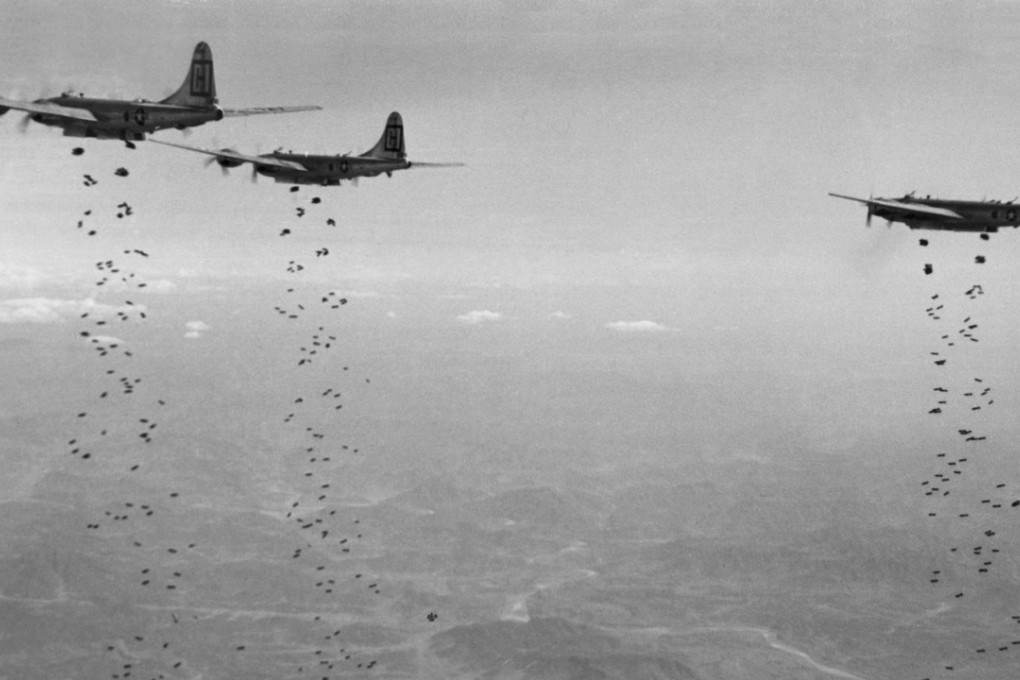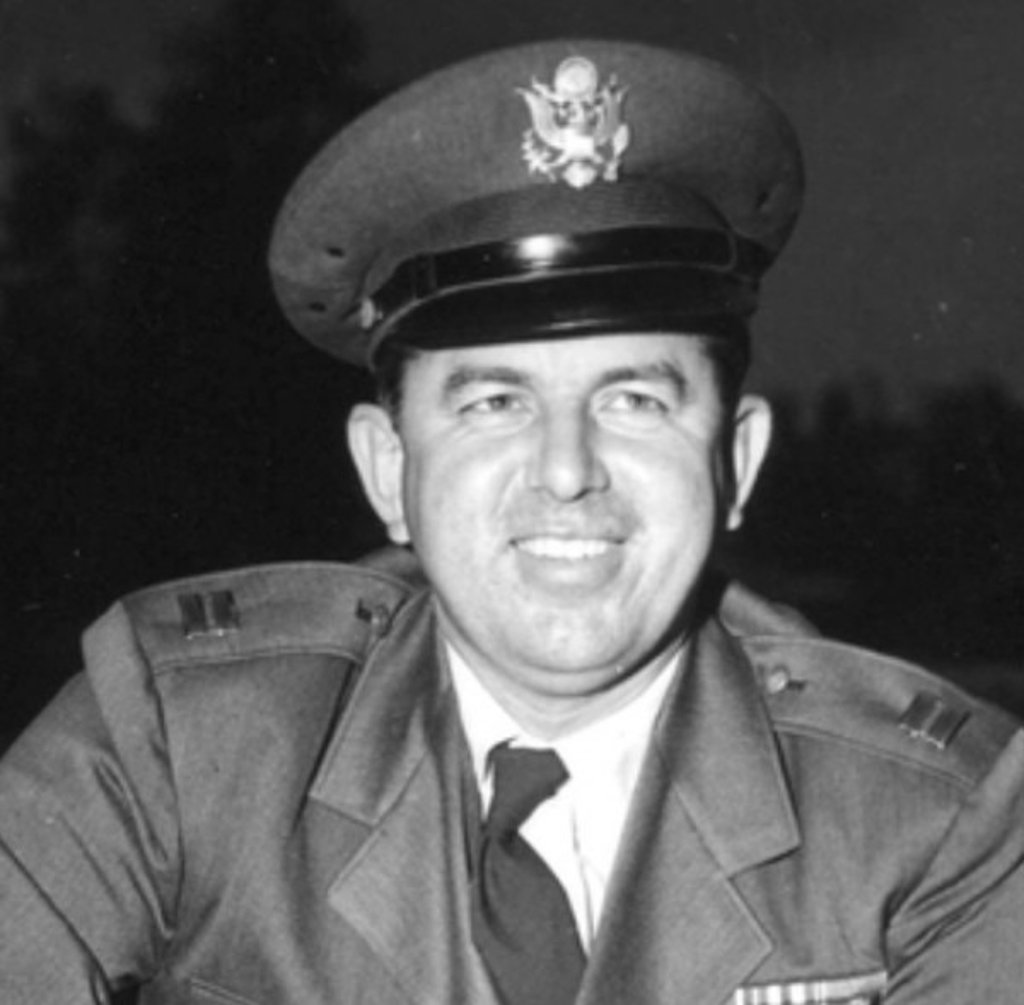Review | A ‘one-man war machine’: America’s spymaster in Korea and his reign of sabotage, torture and murder revealed in new book
Blaine Harden’s book King of Spies: The Dark Reign of America’s Spymaster in Korea narrates the story of Donald Nichols, an ‘American T.E. Lawrence’; implicated in torture and murder, he died in ignominy in a psychiatric hospital

King of Spies: The Dark Reign of America’s Spymaster in Korea
by Blaine Harden
Viking
Donald Nichols was an unusually talented and highly decorated spy who oversaw a vast organisation of espionage and sabotage on the Korean Peninsula. He is the tragic hero of King of Spies: The Dark Reign of America’s Spymaster in Korea, the latest of three acclaimed books on the divided land by Blaine Harden, a former Washington Post bureau chief for East Asia.

A child of the Great Depression, Nichols came from a broken home, growing up poor in New Jersey, and had no high-school or college education. During the second world war, he worked in a US Army motor pool and a makeshift morgue in the port city of Karachi, in what was then British India. By day, he repaired trucks bound for Burma; by night he embalmed GIs claimed by tropical diseases.